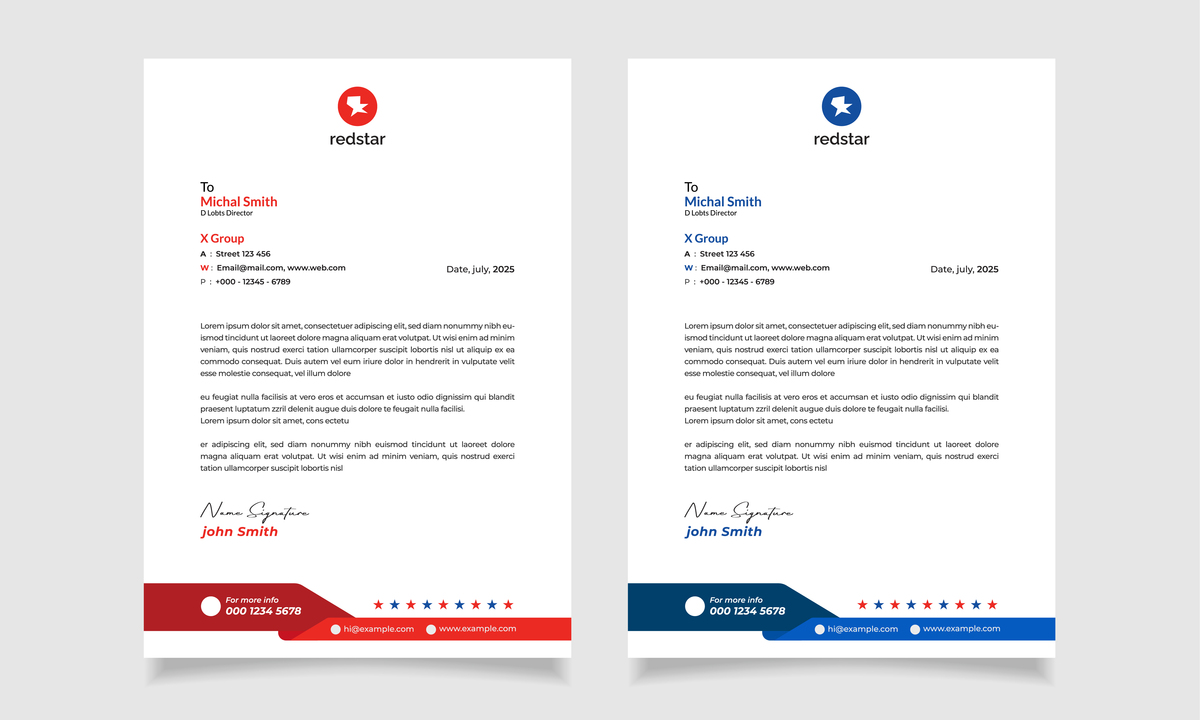Agency Relationship Formation: Understanding the Basics
The agency relationship is formed when one person (the principal) hires another person (the agent) to act on their behalf in a legal or business transaction. The agency relationship can be created through a written agreement, verbal agreement, or through the actions of the parties involved.
The following are some of the ways in which an agency relationship can be formed:
-
Express agreement: An agency relationship can be created through a written or verbal agreement between the principal and the agent. The agreement spells out the terms of the relationship, including the scope of the agent's authority, the duties and responsibilities of the agent, and the compensation that the agent will receive.
-
Implied agreement: An agency relationship can also be created through the conduct of the parties involved. If the principal gives the agent the impression that they are authorized to act on their behalf, and the agent acts on that belief, then an agency relationship may be deemed to exist.
-
Apparent authority: An agency relationship can also be created through apparent authority, which arises when the principal gives the impression to a third party that the agent is authorized to act on their behalf, even if no actual authority was given.
-
Estoppel: An agency relationship can be created by estoppel. This occurs when the principal fails to correct a third party's mistaken belief that the agent is authorized to act on their behalf, and the third party relies on that belief to their detriment.
In all cases, the agency relationship must involve the principal giving the agent the authority to act on their behalf, and the agent accepting that authority. The relationship must also be for a legal or business purpose, and the agent must act in the best interests of the principal.

原文地址: https://www.cveoy.top/t/topic/oWeF 著作权归作者所有。请勿转载和采集!